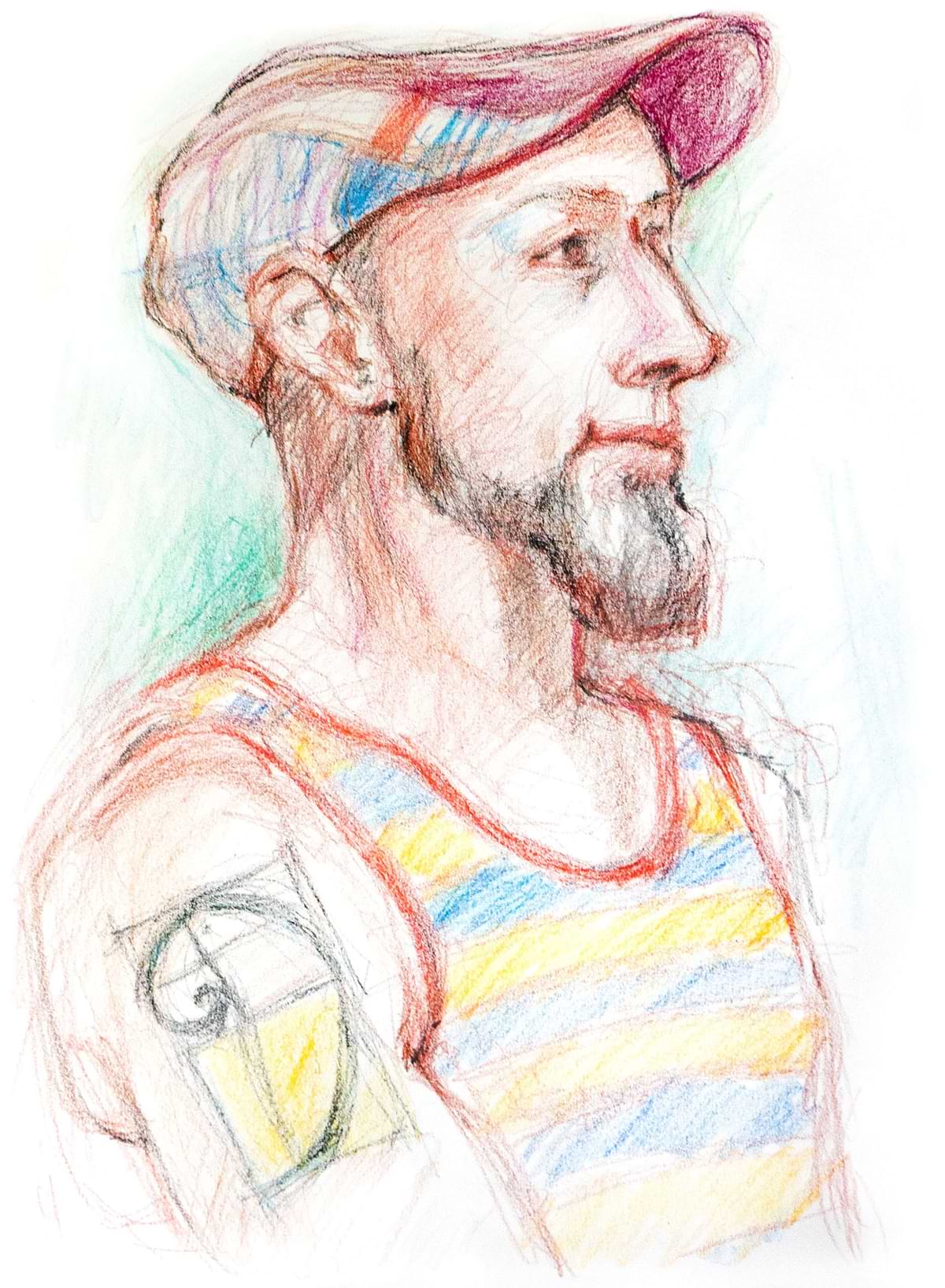Playing Altruism Computer Games Inside a Loud Tube
Dec 19 2022
Read an interesting article about a recent fMRI study of altruism.
Here’s an excerpt:
“We went into this experiment with the idea that altruism was really a function of the brain’s reward systems — altruistic people would simply find it more rewarding,” [Huettel] said.
But instead, a whole other brain region, called the posterior superior temporal cortex (pSTC), kicked into high gear as altruism levels rose. The pSTC is located near the back of the brain and is not focused on reward. Instead, it focuses on perceiving others’ intentions and actions, Huettel said.
…
The researchers found that pSTC activity was highest when study participants were observing the computer play the game on its own — not when they were playing themselves.
So in straight talking terms, people who are rated as highly altruistic according to a self-report test also have higher activation of the pSTC region which from other studies is correlated with one’s “theory of mind.”
I’m betting that the scientists went in expecting to see the reward center light up when they played the game but not when the computer played it. Instead they got no activation in the reward center, so instead they launched off on a different conjecture assuming that the reward centers don’t have any role to play in altruism.
Possibly, but a more likely reason is that playing their little altruism game in a loud claustrophobic MRI tube just doesn’t translate to real world acts of altruism. Plus, I’m betting the game just wasn’t all that fun to play. As a result, altruistic acts might activate the reward centers, but we just don’t know from this study.
Still their findings of increased pSTC activation are interesting. It indicates, but doesn’t prove, that (self-reporting) altruists also have a high functioning “theory of mind.” To put it another way, altruists who are self aware of their own altruistic nature are also probably keenly aware of the (altruistic or non-altruistic) intentions of others—relating nicely to the evolutionary concept of reciprocal altruism.
